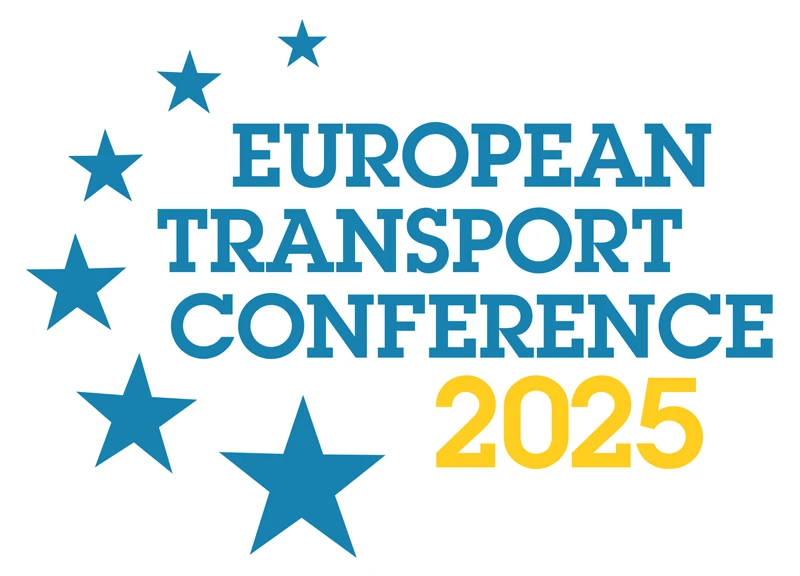-
Past ETC Papers

Browse, search and view papers from the past AET Conferences.
-
Members' Area

AET promotes networking and exchange of ideas, information and opportunities amongst members.
Conference Papers 2018
Dublin, Ireland
ETC Conference Papers 2018
A review of the academic literature on Electric Vehicles in the social sciences
Seminar
Day 3 (12 Oct 2018), Session 9, Electric Vehicles, 11:15 - 12:45
Status
Accepted, documents submitted
Submitted by / Abstract owner
Terje Mathisen
Authors
Thor-Erik Sandberg Hanssen
Saiful Hasan
Terje Andreas Mathisen
Short abstract
The systematic literature review approach is applied to examine the historical development of academic research on electric vehicles within the social sciences and identify the seminal works on the topic.
Abstract
Electric vehicles’ replacing vehicles with internal combustion engines is considered an important contribution to reducing the negative external effects of transportation. Research on electric vehicles can therefore contribute to reducing climate change. This article investigates the evolution of research on electric vehicles from 20 years ago when it was a marginal research topic to its currently being addressed globally by researchers.
The aim of this paper is twofold. First, we examine the historical development of academic research on electric vehicles. Second, we identify the seminal works on the topic. In our analysis, we utilize the systematic literature review approach to identify and classify the academic literature on electric vehicles. This approach has been used previously to aggregate knowledge in particular fields of research, and the method aims to be as unbiased as possible by being auditable and repeatable. The data-source used is Scopus, which is the world’s largest abstract and citation database of peer-reviewed literature. Articles written in English and published in social science journals between 1997 and 2016, containing the term “electric vehicles” were identified and included in the analyses.
We present a timeline on the evolution of the academic literature on electric vehicles and comment on the increasing frequency of publication and topics with regard to keywords and countries. In addition, the articles are categorized according to methodology and topic. Publishing frequency is measured and reported both in terms of absolute and relative values. Finally, what are likely the most important and influential papers on EV are identified by citation frequency.
The findings presented in this article have implications for researchers, funders of research and policy makers. The study of how frequently different topics are treated in the academic literature on electric vehicles can be used to identify under-researched topics, i.e., knowledge gaps. The data gathered in this study do, for example, indicate that relatively less attention has been given to “Behaviour” than other topics related to EVs, which can be somewhat of a concern as there is a stated policy aim in many countries to increase the EV market share. In addition, we provide a list of classic articles with which researchers in the field should be familiar, that should be components of the curriculum for courses in electric mobility and that provide insight into the evolution of research on electric vehicles within the social sciences and how that research may develop in the future.
Programme committee
Global Trends Impacting Transport
Documents:
Association For
European Transport
Forester House
Doctors Lane
Henley-in-Arden
Warwickshire, UK
B95 5AW
+44 (0) 15 64 793552
VAT number: 710 1866 64
Conference Supporters & Endorsers




Legal Entity
The Association for European Transport is registered as an Association ('vereniging') with the Chamber of Commerce for Haaglanden in The Netherlands under company number 27170096.
Built on Zenario




